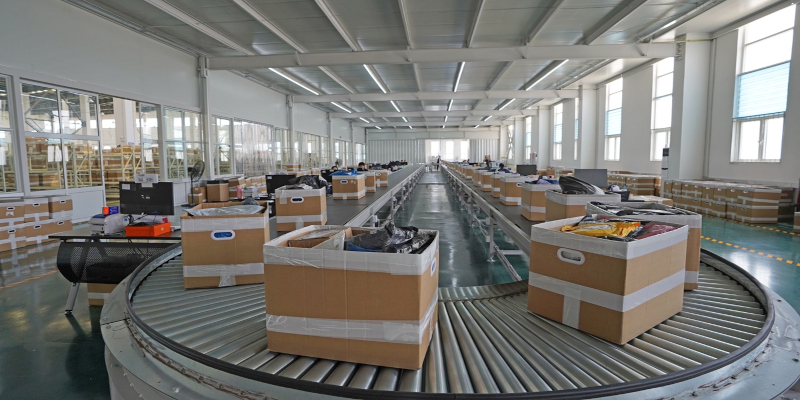Dharamshala, 17th August: Amazon has restricted up to 50,000 Chinese businesses from selling on its marketplace since May. “Improper use of review functionalities,” “soliciting phony reviews,” and “manipulating reviews by offering gift cards” are among the reasons for the ban. For several Chinese vendors, the ban was a huge setback.
According to the Security Times, the Shenzhen Municipal Bureau of Commerce convened a closed-door meeting with roughly ten key cross-border e-commerce firms on Friday to discuss and negotiate the impact of Amazon’s decision to shut down Chinese sellers on local cross-border e-commerce. Amazon’s decision to exclude Chinese sellers may hasten the development of more direct selling channels and the creation of their own platforms by Chinese enterprises.
This comes after the US site barred several high-profile Chinese merchants from using the platform after allegations of paying for reviews surfaced. On the marketplace, there are some big-name wholesalers with yearly sales exceeding $1 billion.
According to the Shenzhen Cross-border E-commerce Association, Amazon’s move has damaged at least 50,000 Chinese merchant accounts since May, and Chinese cross-border e-commerce enterprises have lost more than 100 billion yuan ($15.4 billion).
According to the Global Times, the incident has prompted a lot of cross-border e-commerce firms and associations to develop more selling channels and build their own independent websites.
Amazon’s digital blockade has had a significant impact on sellers, but it has also educated cross-broader e-commerce traders on how to improve operations and create ties with worldwide merchants. Following the recent incident, many merchants are minimizing their dependency on Amazon, opting for a multi-platform development strategy and building their own websites instead. To avoid being attacked and having their accounts closed by a single website like Amazon, many leading sellers in the industry are creating their own websites with their own payment and information systems.
Merchants must set up their own online stores; however, given Amazon’s large data flow and trading volume, setting up stores alone will not be able to replace selling goods on Amazon in the short term, according to Michael Qi Yong, general manager of consumer electronics distributor Shenzhen Muchen Technology Co, who spoke to the Global Times on Sunday.
The speed of Chinese cross-border e-commerce transactions will not be slowed by Amazon’s actions. According to customs figures, China’s cross-border e-commerce trading continued to grow strongly in the first half of the year, hitting 886.7 billion yuan, up 28.6% year on year.
Photo: cnsphoto

